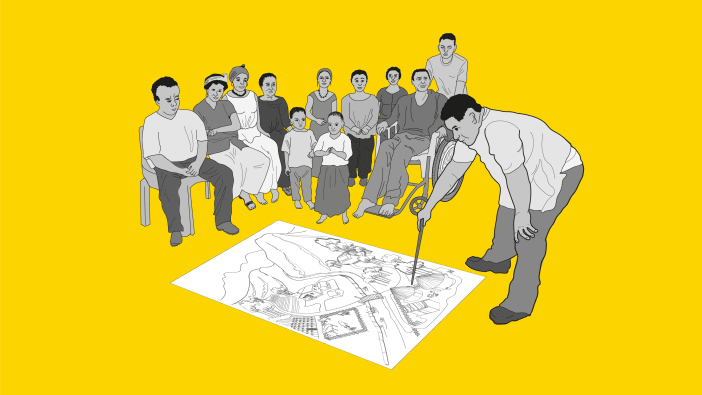Within the local community there are often many valuable sources of information.
Older people in particular are often a huge store of information about the local environment, cultural traditions and customs, and the uses of local plants and animals, particularly for their medicinal qualities.
There is a saying that:
‘Each time an old person dies, a whole library of information dies with them.’
To prevent this loss, we need to consider how to mobilise the local knowledge that we currently have, making the most of this rich resource all around us.
Group discussion
- What do people think of the saying about older people? How may this problem be avoided?
- What information is it important to learn?
- Discuss what local sources of information people find useful. Who (or what) do they turn to first?
- Are there innovative farmers in the local area – farmers who are always trying out new ideas? Can local people visit and learn from them?
- Are there local people with special training or experience we can learn from, for example herbalists or trained traditional birth attendants or retired government officials?
- What other expertise is available locally?
Material adapted from PILLARS – Building the capacity of local groups.









